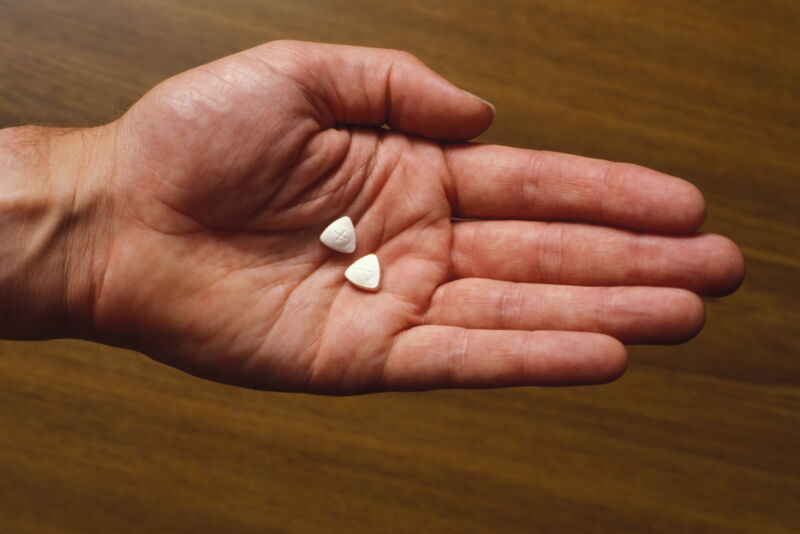
The safety and efficacy data on the use of MDMA (aka ecstasy) for post-traumatic stress disorder therapy is “challenging to interpret,” the Food and Drug Administration said in a briefing document posted Friday. The agency noted significant flaws in the design of the underlying clinical trials as well as safety concerns for the drug, particularly cardiovascular harms.
On Tuesday, June 4, the FDA will convene an advisory committee that will review the evidence and vote on MDMA’s efficacy and whether its benefits outweigh its risks. The FDA does not have to follow the committee’s recommendations, but it often does. If the FDA subsequently approves MDMA as part of treatment for PTSD, it would mark a significant shift in the federal government’s stance on MDMA, as well as psychedelics, generally. Currently, the US Drug Enforcement Administration considers MDMA a Schedule I drug, defined as one with “no currently accepted medical use and a high potential for abuse.” It would also offer a new treatment option for patients with PTSD, a disabling psychiatric condition with few treatment options currently.
As Ars has reported previously, the submission of MDMA for approval is based on two clinical trials. The first trial, published in Nature Medicine in 2021, involved 90 participants with moderate PTSD and found that MDMA-assisted psychotherapy significantly improved Clinician-Administered PTSD Scale for DSM-5 (CAPS-5) scores compared with participants who were given psychotherapy along with a placebo. In the second study, published in September in Nature Medicine, the finding held up among 104 participants with moderate or severe PTSD (73 percent had severe PTSD).
In the briefing documents released Friday, the FDA highlighted that there was a high potential for bias to have crept into those results. Though the trials were designed to be double-blind (meaning that therapists and trial participants were not told who received MDMA), the FDA noted that MDMA “produces profound alterations in mood, sensation, suggestibility, and cognition.” Blinding is “nearly impossible,” the FDA wrote. And indeed, approximately 90 percent of those assigned to take MDMA and 75 percent of those assigned to a placebo were able to accurately guess their treatment assignment, the FDA notes. As such, it is “reasonable to assume” that bias and “expectation bias” affected the results of the trials, the FDA concluded.
The agency also noted concerns that MDMA caused “significant increases in blood pressure and pulse,” which could trigger cardiac events, such as heart attacks. However, the trial data was limited for assessing the risks of these adverse events.
The FDA also dinged the studies for not including data on whether participants experienced effects such as “euphoria” after taking MDMA—an anticipated effect that could indicate the drug’s potential for abuse.
In all, the FDA’s review presented a complicated picture of MDMA’s risk-benefit assessment, one that should make for an interesting discussion Tuesday. The FDA’s criticisms follows an even more critical report released earlier this month by the Institute for Clinical and Economic Review (ICER), which identified “substantial concerns about the validity of the results” from the clinical trials.
Like the FDA, ICER found the trials to be “essentially unblinded.” However, ICER went further, having conducted a number of interviews with trial participants and others involved, finding that the trials largely pulled from an existing community of psychedelic advocates and supporters, introducing significant bias. “Concerns have been raised by some that therapists encouraged favorable reports by patients and discouraged negative reports by patients including discouraging reports of substantial harms, potentially biasing the recording of benefits and harms,” the report said. MDMA is known to induce confusion, depression, and paranoia in some. One participant reported feeling “relentlessly suicidal” during the trial, but that result was not included in the trial’s final results.
Various people told ICER that the community involved in the trials regarded psychedelics “more like a religious movement than like pharmaceutical products.” Some participants felt as though “they could be shunned if they reported bad outcomes or that it could lead to future patients being denied the benefits of MDMA-AP.”
In all, ICER concluded that the evidence available to assess for MDMA treatment is “insufficient.”




















+ There are no comments
Add yours